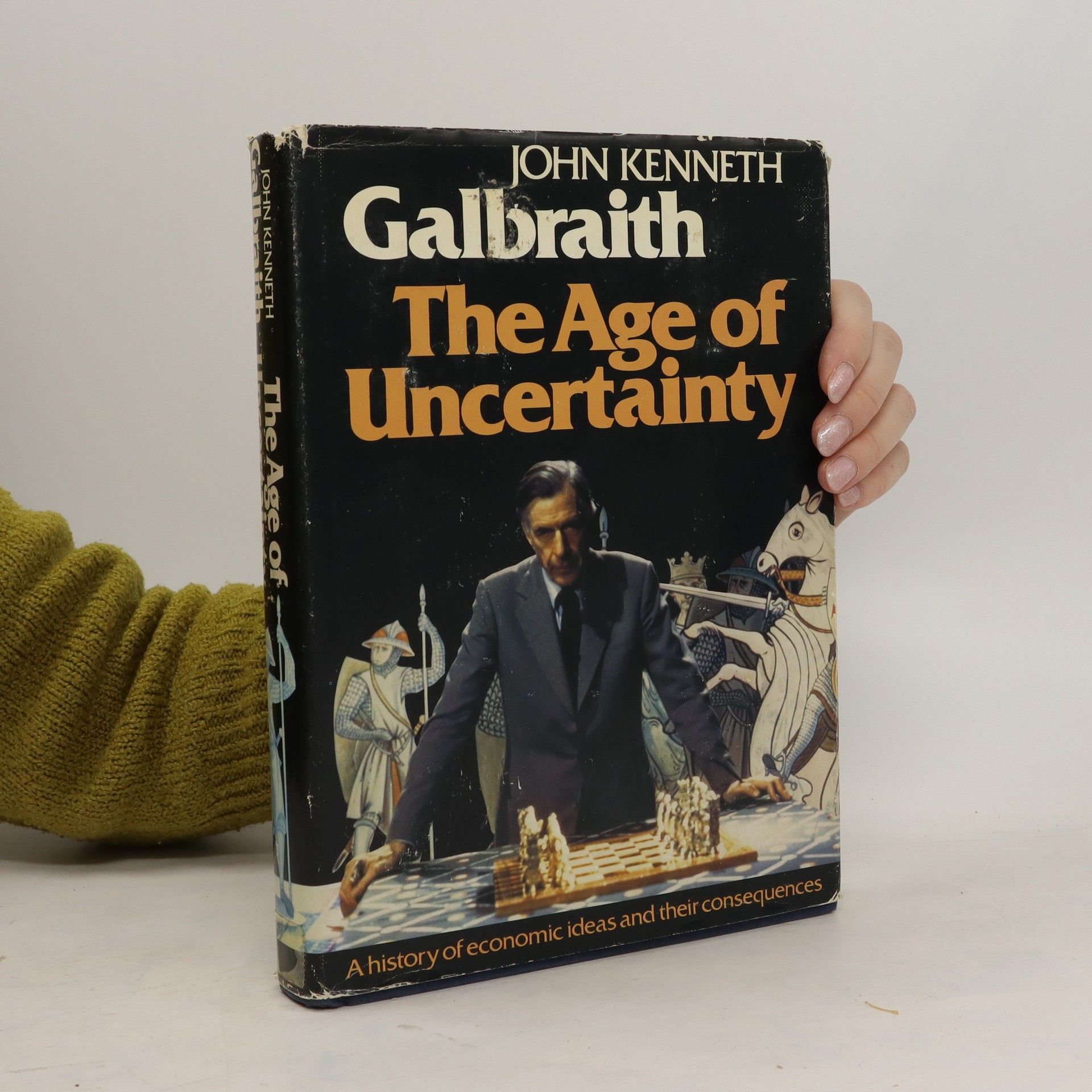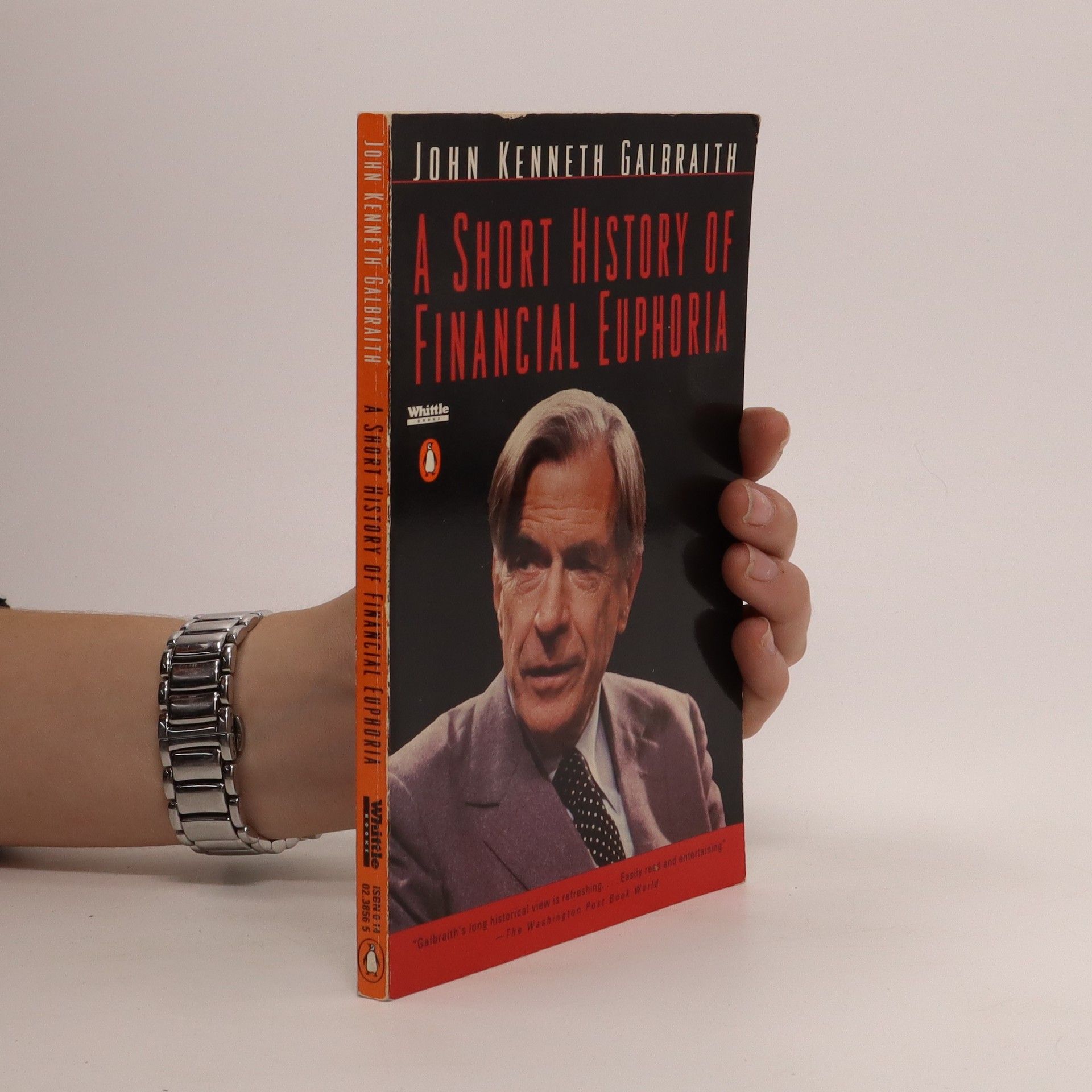John Kenneth Galbraith Libri
John Kenneth Galbraith è stato un eminente economista canadese-americano, riconosciuto come una voce di spicco del liberalismo americano e del socialismo democratico del XX secolo. I suoi scritti offrivano acute intuizioni su questioni economiche, caratterizzati da uno stile distintivo che rese i suoi libri dei bestseller. Autore prolifico, i suoi saggi e libri esplorarono le dinamiche del capitalismo moderno e delle società opulente. Il lavoro di Galbraith continua a informare e influenzare le discussioni sull'equità economica e sul progresso sociale.







Discusses the many sources and instruments of power, and explains how power is utilized by organizations and businesses and in economics and political and military life
Autobiography of economist Professor John Kenneth Galbraith, and the events and famous people of the times.
The Essential Galbraith
- 400pagine
- 14 ore di lettura
An anthology of essays, articles, and excerpts from the renowned economist features selections from some of his most important works, including Afluent Society, The Age of Uncertainty, The New Industrial State, and The Great Crash, along with introduction to each essay from the author. Original. 15,000 first printing.
The age of uncertainty
- 365pagine
- 13 ore di lettura
ForewordThe Prophets & Promise of Classical CapitalismThe Manners & Morals of High CapitalismThe Dissent of Karl MarxThe Colonial IdeaLenin & the Great UngluingThe Rise & Fall of MoneyThe Mandarin RevolutionThe Fatal CompetitionThe Big CorporationLand & PeopleThe MetropolisDemocracy, Leadership, CommitmentA Major Word of ThanksNotesList of IllustrationsIndex
Economics, Peace & Laughter. A Contemporary Guide
- 304pagine
- 11 ore di lettura
A collection of essays by J.K. Galbraith, edited by Andrea D. Williams.
The world-renowned economist offers "dourly irreverent analyses of financial debacle from the tulip craze of the seventeenth century to the recent plague of junk bonds." — The Atlantic .With incomparable wisdom, skill, and wit, world-renowned economist John Kenneth Galbraith traces the history of the major speculative episodes in our economy over the last three centuries. Exposing the ways in which normally sane people display reckless behavior in pursuit of profit, Galbraith asserts that our "notoriously short" financial memory is what creates the conditions for market collapse. By recognizing these signs and understanding what causes them we can guard against future recessions and have a better hold on our country's (and our own) financial destiny.
A leading economist discusses his theories on social disequilibrium and suggests ways of restoring the economic balance
Combines a history of money and monetary institutions, with an analysis of money's changing role in the sum total of economic analysis and policy.



